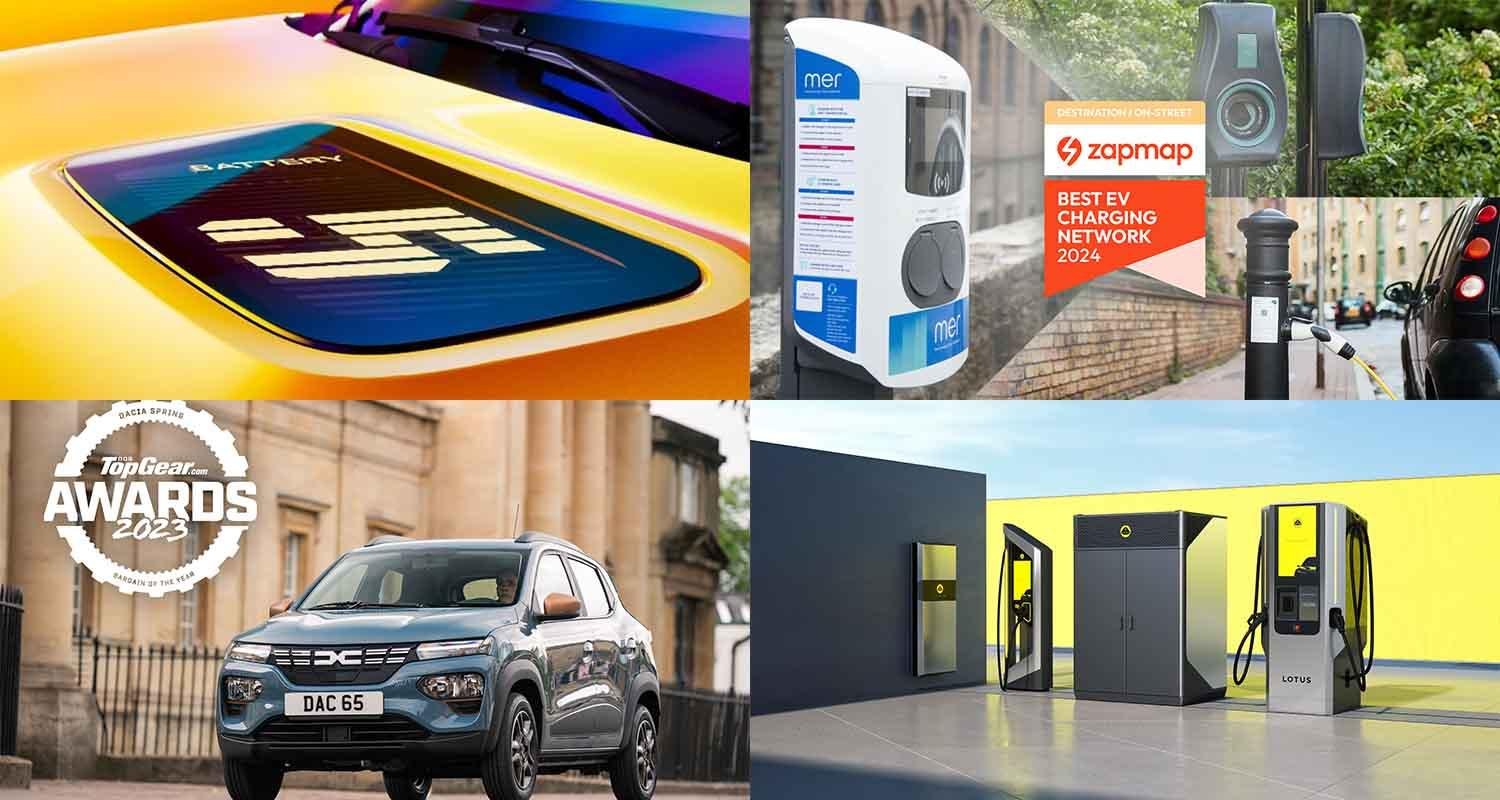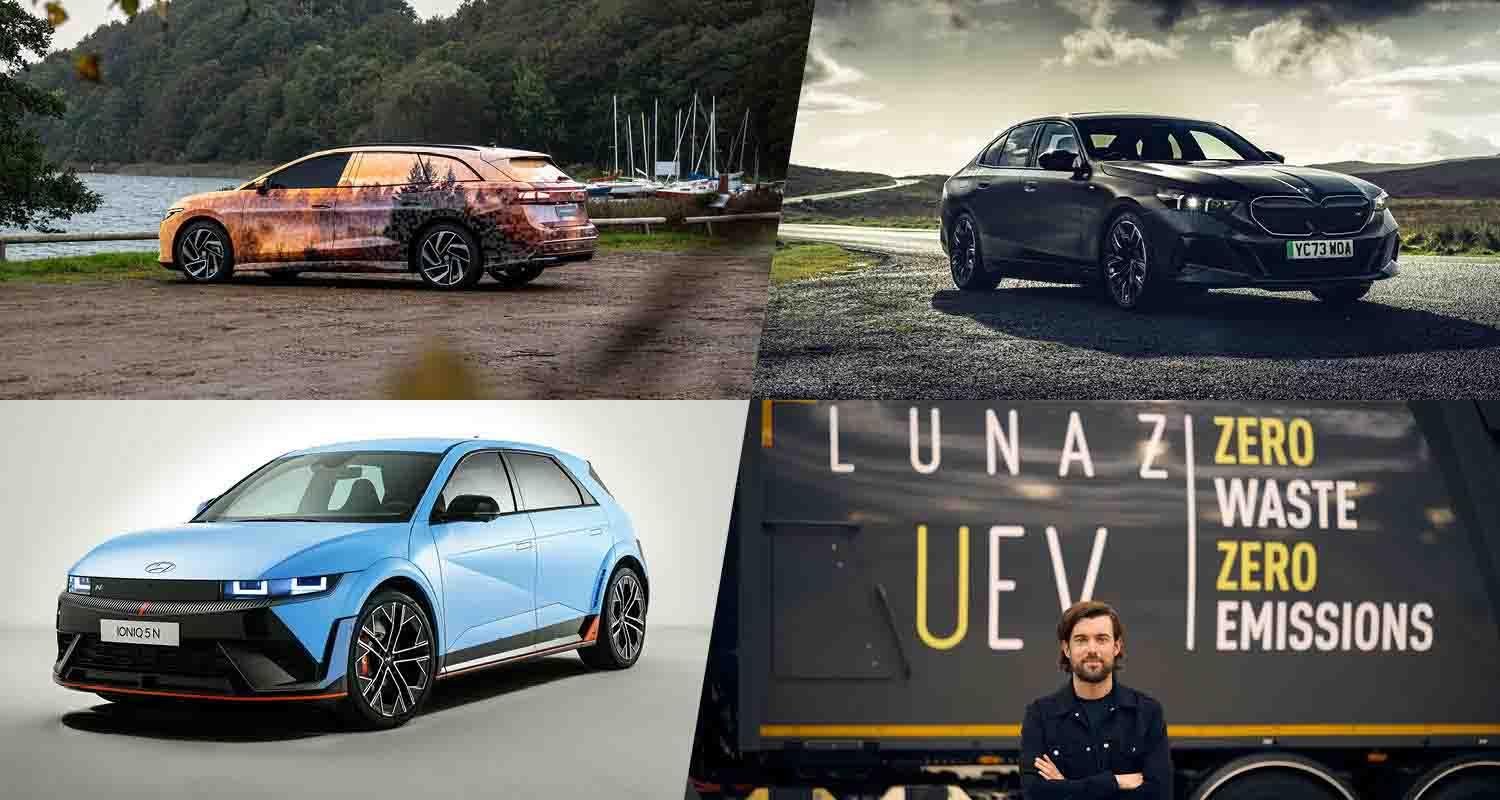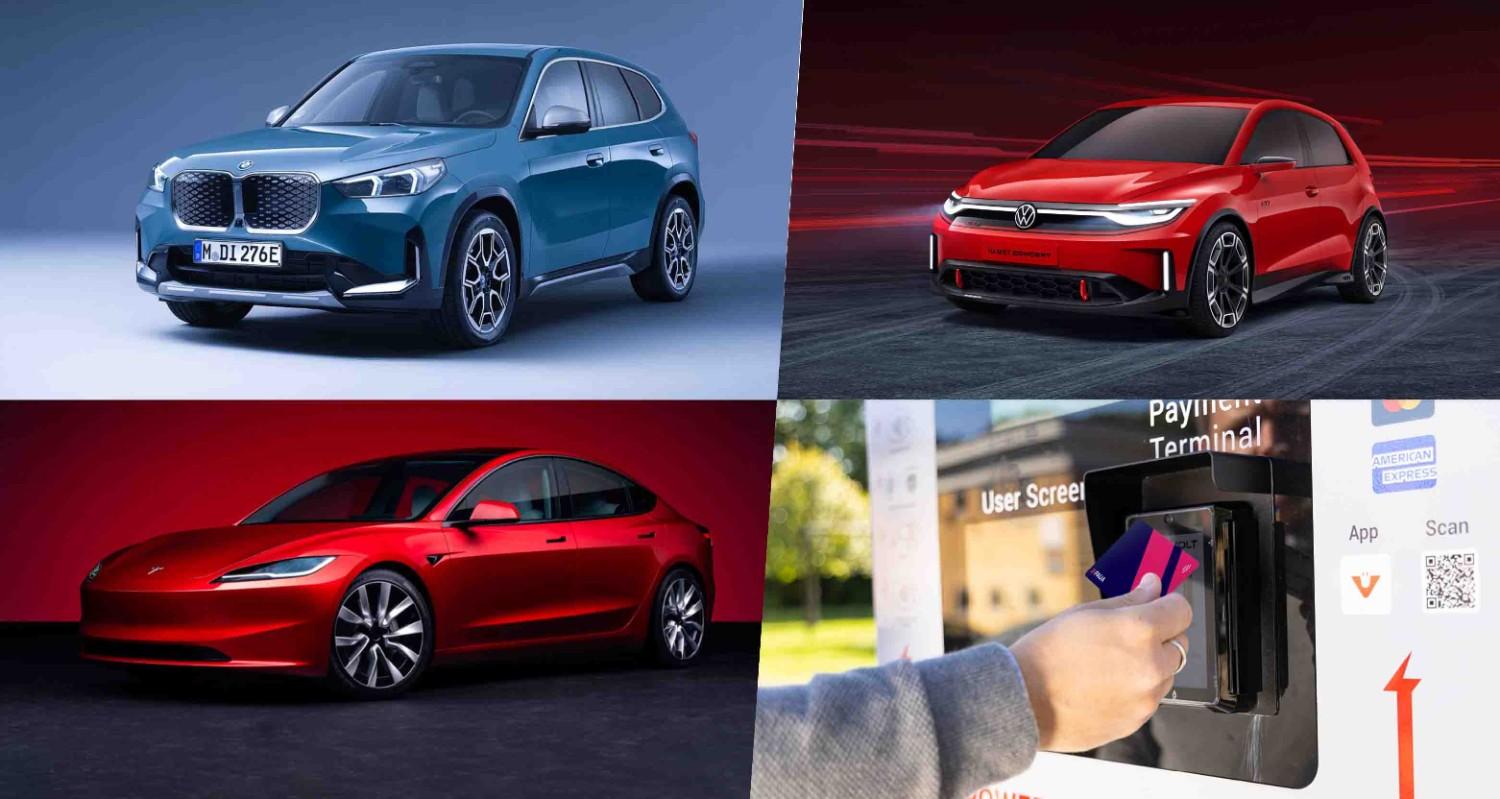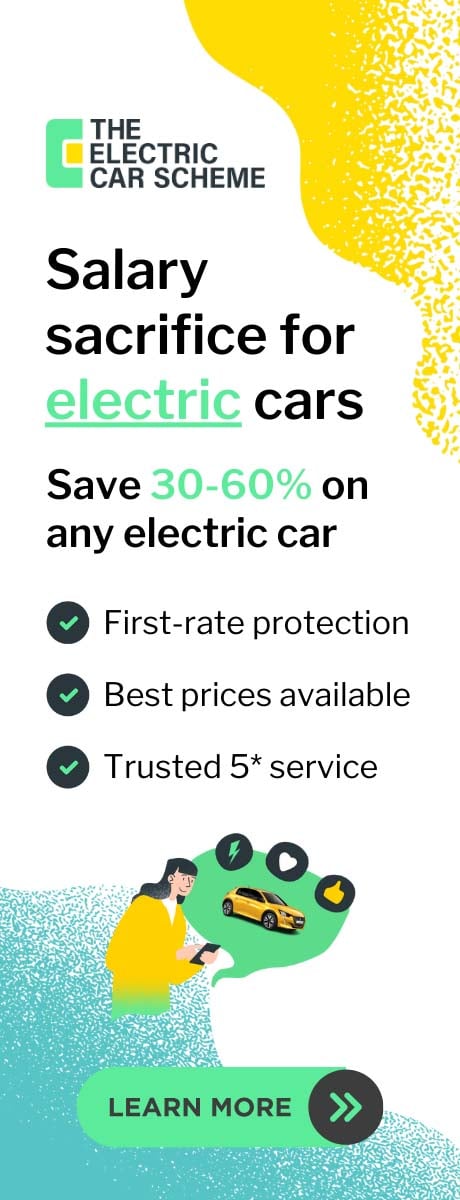Mayor of London sets out a proposal to clean up the capital's air quality
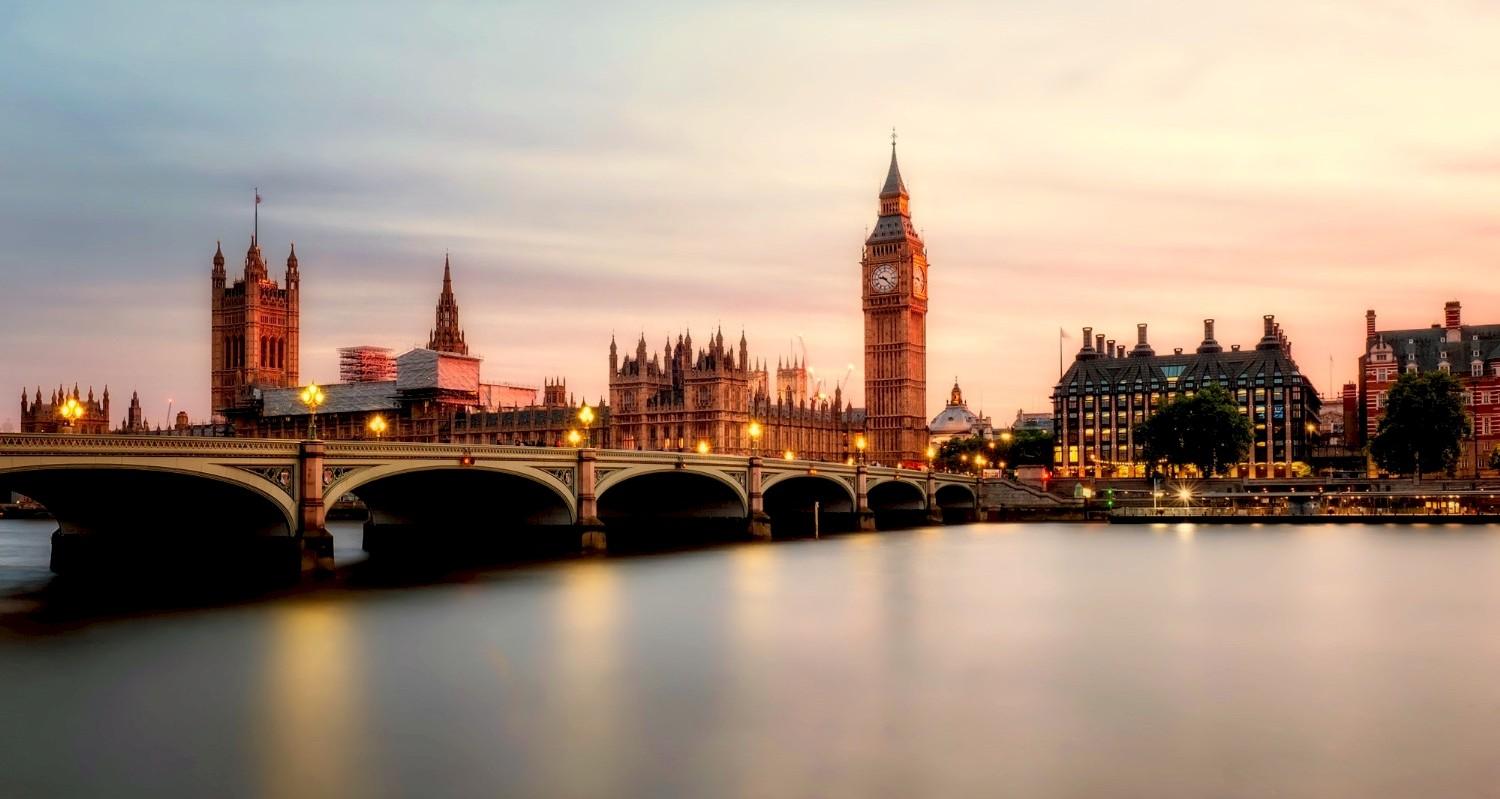
A report commissioned by London Mayor Sadiq Khan has laid out a stark warning for the UK government over the steps needed to achieve net-zero carbon emissions by 2030 and improve air quality.
Published by Element Energy, it reveals that a third of car trips made by Londoners could be walked in less than 25 minutes and two thirds could be cycled in less than 20 minutes – however, the report reveals that to achieve climate change targets, car traffic must reduce by at least 27%.
Between 2000 and 2018, London achieved a 57% reduction in greenhouse gas emissions and a 40% reduction from homes, but just 7% from transport. To improve this, the report suggests a new kind of road user charging system be implemented before the end of the decade that would abolish all existing road charging schemes (such as the congestion charge and ULEZ), replacing them with a pay-per-mile scheme, with rates set by how polluting the vehicle is. However, the mayor recognises such technology is some years away.
However, Khan is looking to implement policies sooner – with the report illustrating that 4000 premature deaths a year are being caused by air pollution and that if no action is taken beyond the current policies, around 550,000 Londoners would develop diseases attributable to air pollution over the next 30 years, at a cost to the NHS and social care system of £10.4 billion.
The pandemic has seen a rise in car use in the capital, so Khan has identified four policies to address these issues. The first is a plan to extend the ULEZ zone beyond the north and south circular roads to cover the whole of Greater London, using the current charge level and emissions standards.
Another option would be to modify the ULEZ to make it stricter in covering the whole of Greater London and adding a small clean air charge for all but the cleaner vehicles. That small clean air charge would take the form of a low-level daily charge across all of Greater London for all but the cleanest vehicles to nudge behaviour and reduce the number of short journeys by car.
There are also plans to introduce a Greater London boundary charge, which would charge a small fee to non-London registered vehicles entering the city. Subject to consultation and feasibility, the chosen scheme would be implemented by May 2024.
Speaking out
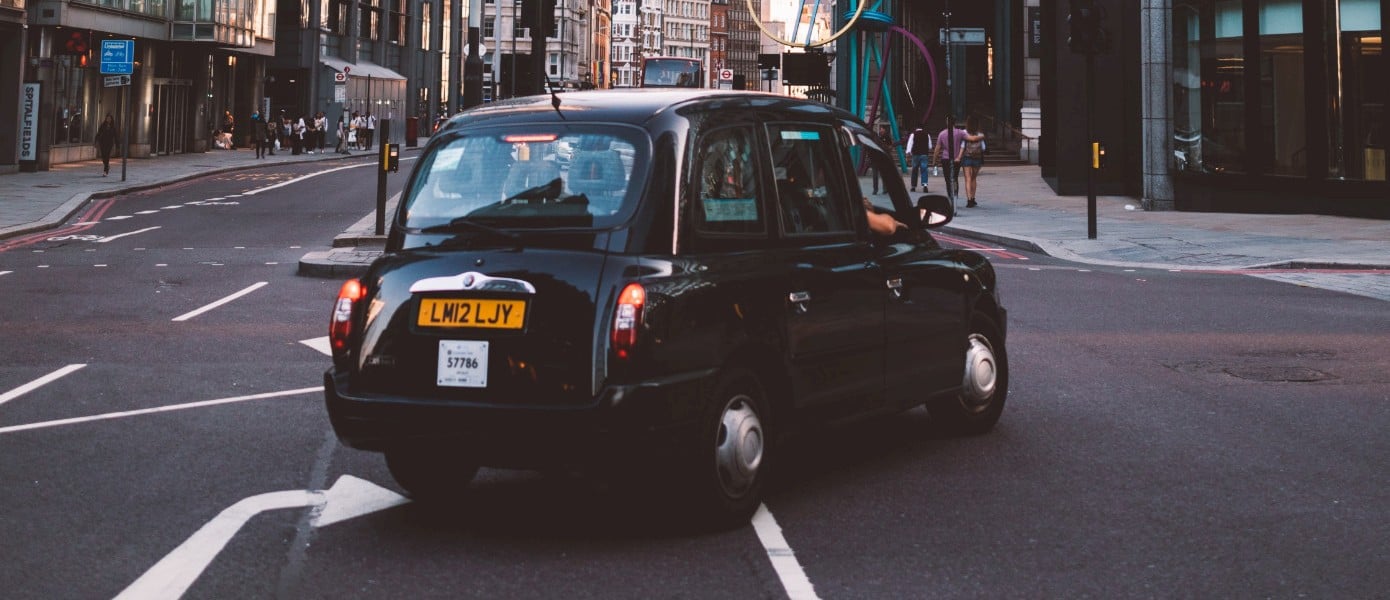
The Mayor of London, Sadiq Khan, said: “This new report must act as a stark wake-up call for the Government on the need to provide much greater support to reduce carbon emissions in London. It’s clear the scale of the challenge means we can’t do everything alone.
But I’m not willing to stand by and wait when there’s more we can do in London that could make a big difference. We simply don’t have time to waste. The climate emergency means we only have a small window of opportunity left to reduce carbon emissions to help save the planet, and, despite the world-leading progress we have made over the last few years, there is still far too much toxic air pollution permanently damaging the lungs of young Londoners.
This is also a matter of social justice – with air pollution hitting the poorest communities the hardest. Londoners on lower incomes are more likely to live in areas of the city most badly affected by air pollution and least likely to own a car. Nearly half of Londoners don’t own a car, but they are disproportionally feeling the damaging consequences polluting vehicles are causing.
We have too often seen measures to tackle air pollution and the climate emergency delayed around the world because it’s viewed as being too hard or politically inconvenient, but I’m not willing to put off action we have the ability to implement here in London. I’m determined that we continue to be doers, not delayers – not only to protect Londoners’ health right now, but for the sake of future generations to come."
Is it the answer?
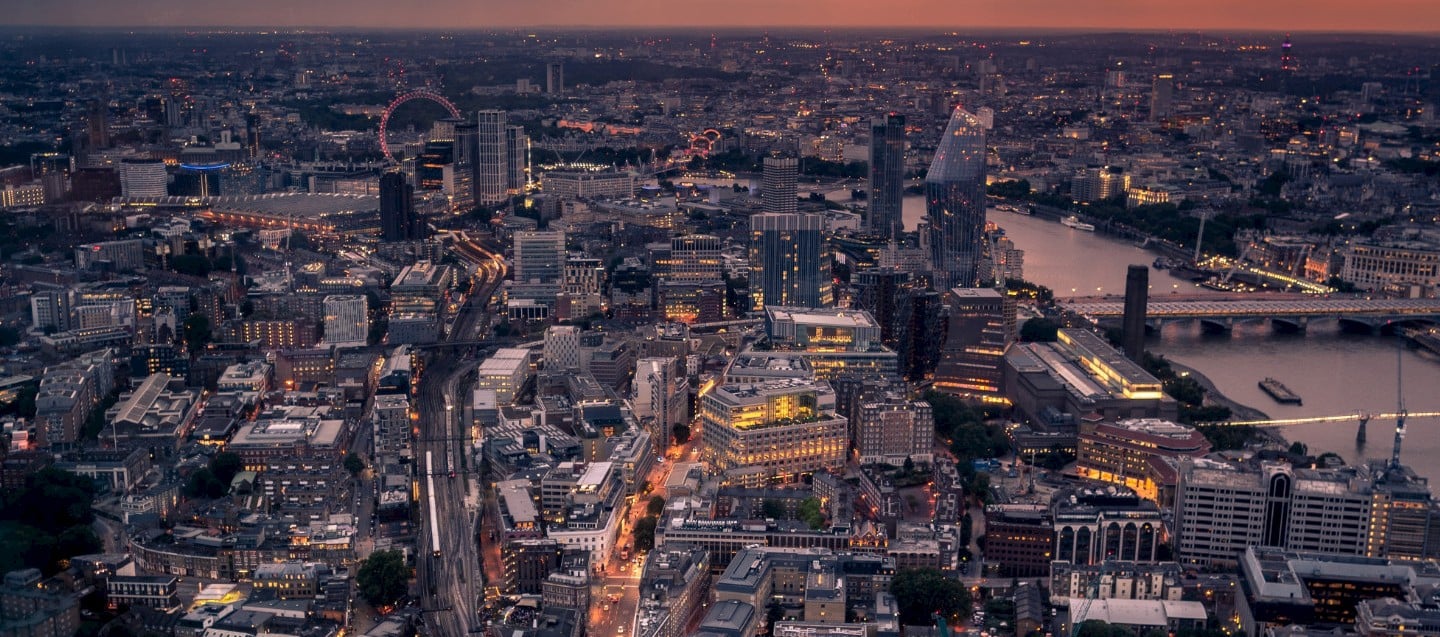
However, the RAC’s head of roads policy Nicholas Lyes said: “These proposals would create massive financial challenges for individuals, families and businesses who run a car in London and even for those who visit the fringes of the capital. We all want to see cleaner air and cleaner vehicles on the road and it’s right the Mayor has ambitions to reduce emissions from road transport but these proposals could be beyond the means of many and will punish those who simply cannot afford an electric car. Our research suggests fewer than a third of drivers in London expect to switch to an electric vehicle within the next five years, and at the same time the Mayor himself cannot commit to a zero-emission TfL bus fleet until 2037."
“Worse still, proposals to charge vehicles outside of London to enter the boundary is likely to impact hardest on workers such as carers, tradespeople and night-time economy staff for whom there is no alternative to using a vehicle. At a time when the basic cost of living for Londoners is soaring, these proposals seem to be poorly timed, so we strongly urge the Mayor to think again instead of defaulting to extracting more money from the pockets of London’s drivers." Nicolas added.


